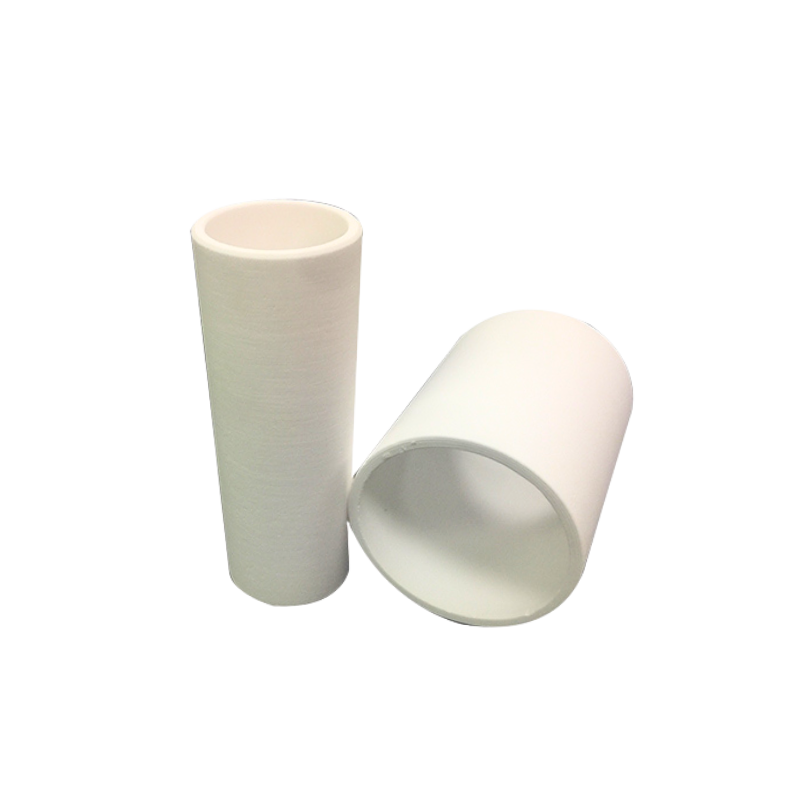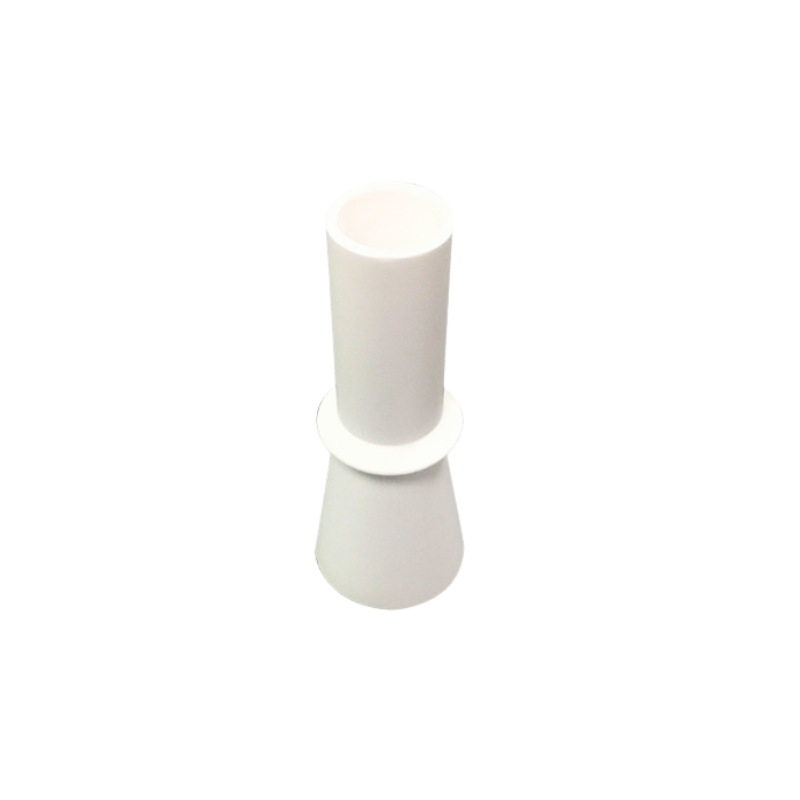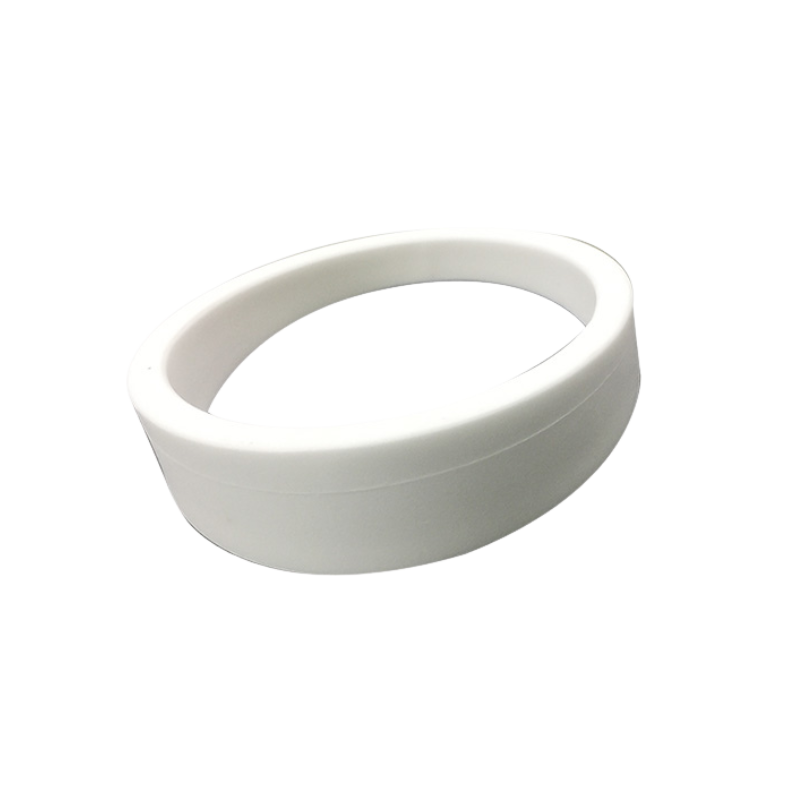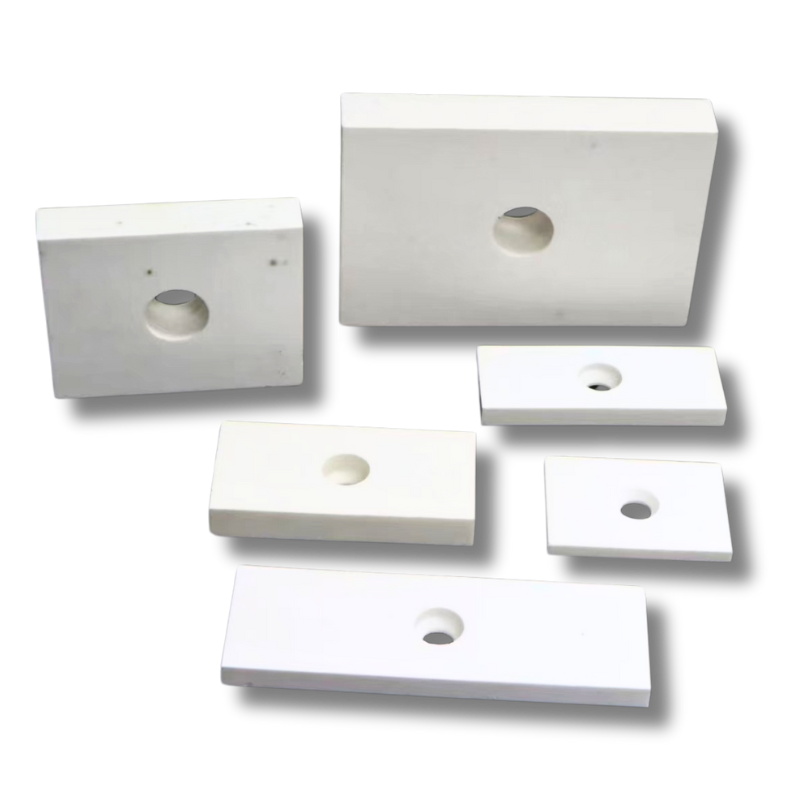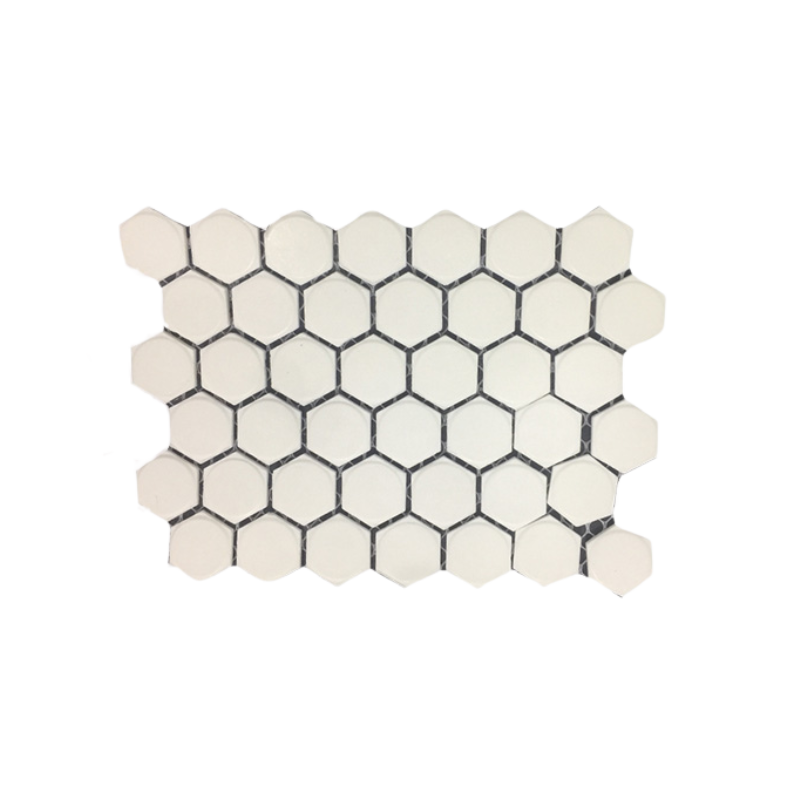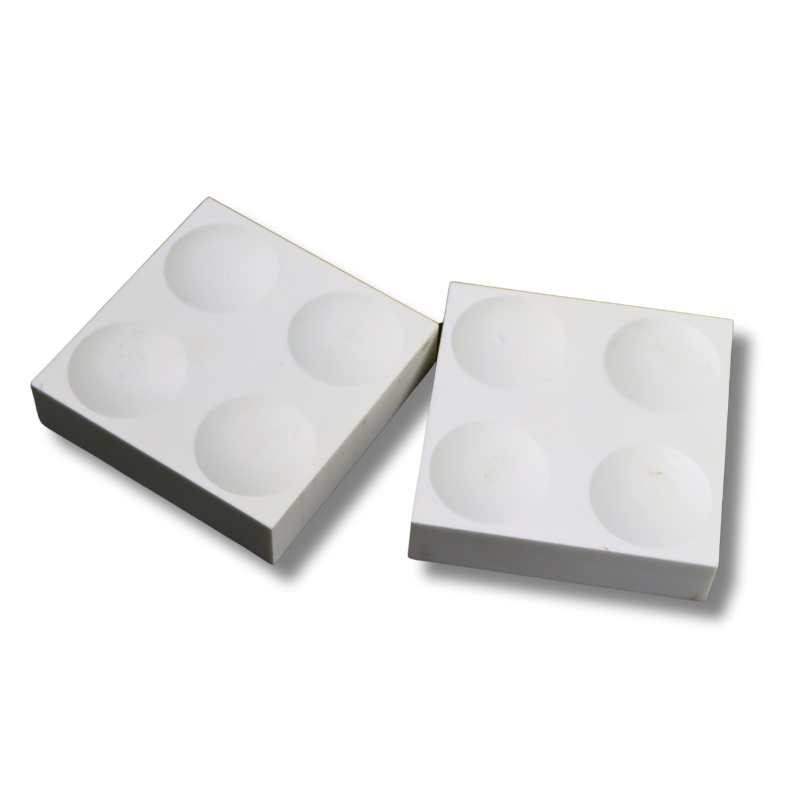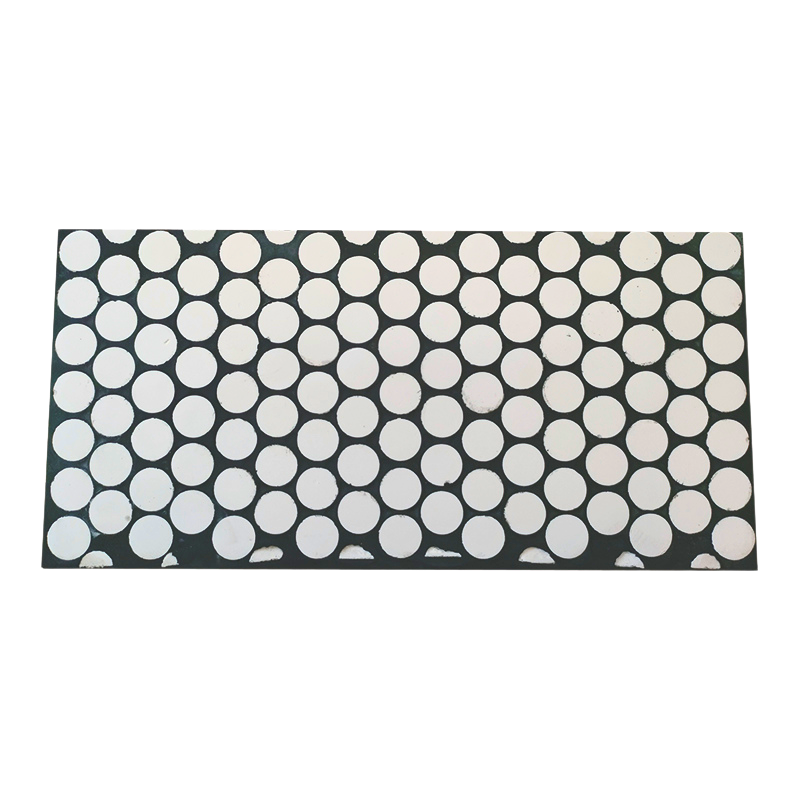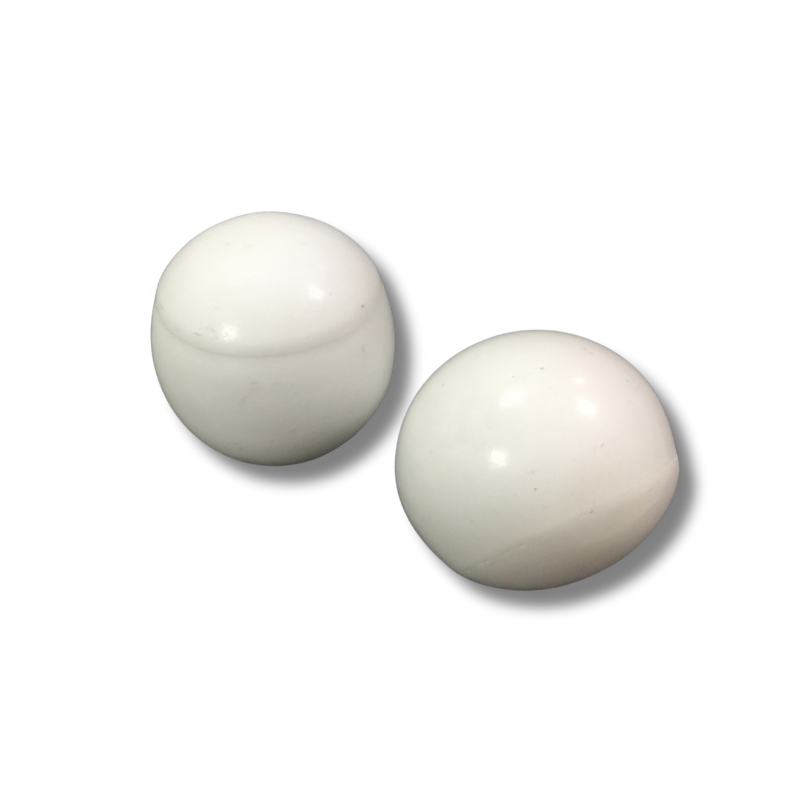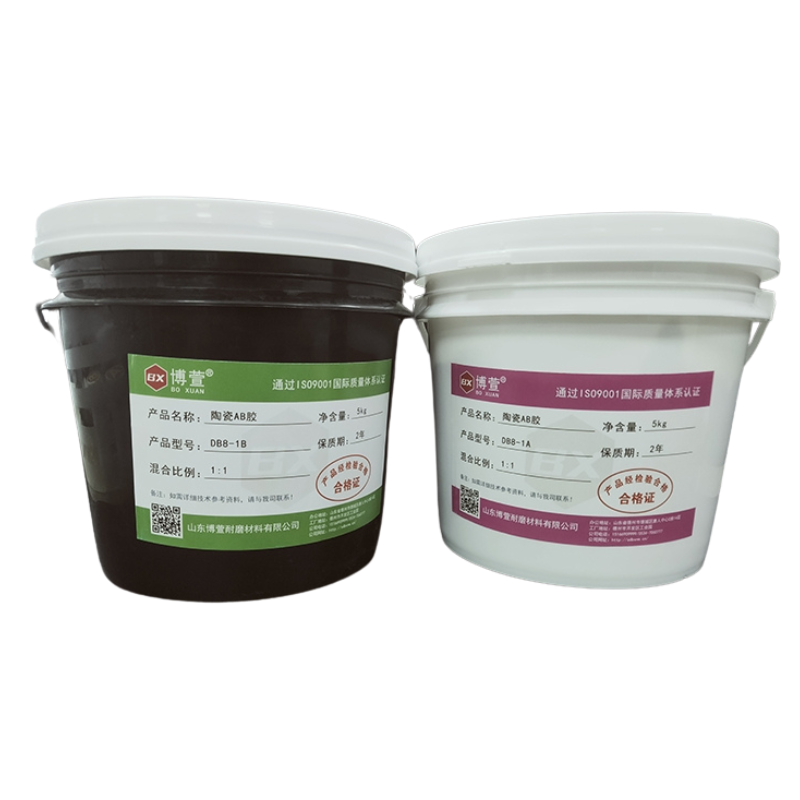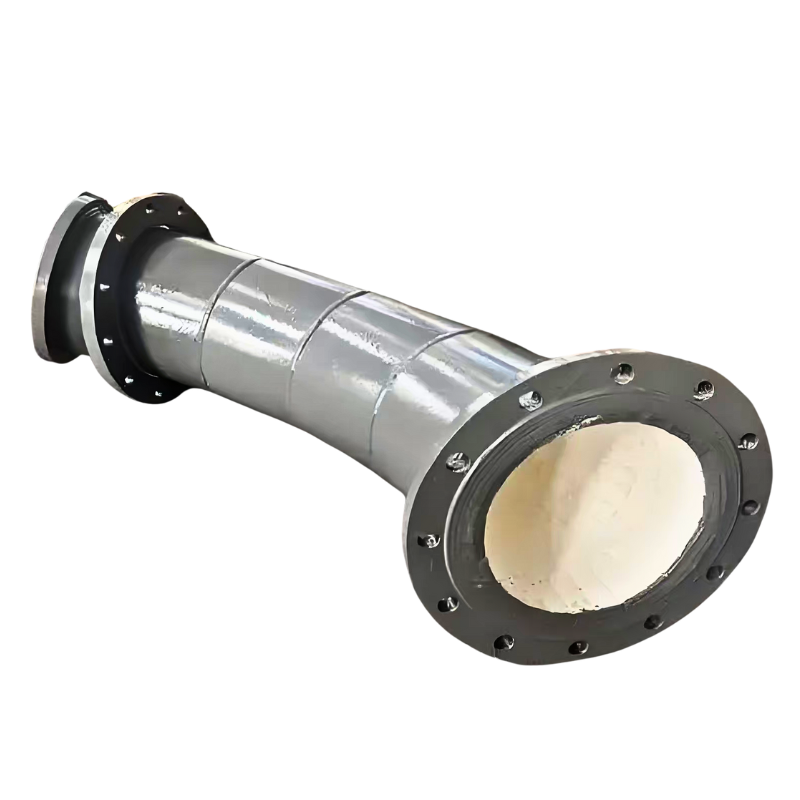
Call Us 24/7
Send Us Mail
Our Location
A product that has been refined through countless trials and tribulations
Products List
Ceramic Wear-Resistant Pipes – Composite Elbow Research and Photocatalytic Performance
Surface Modification and Property Enhancement
Many physical and chemical processes—such as surface diffusion, adsorption, oxidation, catalysis, and corrosion—are closely related to surface characteristics. By doping, adsorbing, or other surface modifications on the inner and outer surfaces of nanostructured composite elbows, the physical and chemical properties can be significantly altered, expanding their potential applications.
Using composite elbows as the core structure and applying first-principles computational methods, the structural, electronic, and magnetic properties of BNNT-filled systems, transition metal-doped systems, and gas-adsorbed systems were systematically studied.
Photocatalytic Properties Under Visible Light
Using composite oxide elbows and cerium-based composite oxides as catalysts, their performance under visible light irradiation was evaluated. Optimization of experimental conditions was critical to the success of the photocatalytic degradation system. Key parameters included:
Methylene Blue Concentration: 45 µg/mL
Catalyst Dosage: 5 mg/mL
Adsorption Equilibrium Time: 1 hour in dark conditions
Light Source: 220 W tungsten lamp
These parameters were established to construct a stable and effective experimental system.
Degradation of Dye Pollutants – Methylene Blue as a Model Compound
Methylene blue (MB) was selected as a representative dye pollutant for degradation studies. Bismuth-based materials, known for their strong photocatalytic potential, were synthesized into three series of catalysts:
Bismuth Oxides with Different Crystal Phases
α-Bi₂O₃ exhibited better photocatalytic performance than γ-Bi₂O₃.
As the calcination temperature increased, α-phase transformed into γ-phase, reducing photocatalytic efficiency.
Calcium-Bismuth (Ca-Bi) Composite Oxides
Prepared via the impregnation method, these showed photocatalytic activity closely tied to their composition.
After calcination at 600°C, the formation of Bi₁.₈Ca₀.₄O delivered high degradation efficiency, achieving 99.33% MB degradation within 4 hours.
Titanium-Bismuth (Ti-Bi) Composite Oxides
Increasing Ti doping levels led to enhanced photocatalytic degradation activity of methylene blue.
Leave us a message
* Your information will be kept properly and will not be used for any purpose other than our company's business.
Recommended products
Please give us a message
Shandong Boxuan Wear-Resistant Materials Co., Ltd.
Wear-resistant material expert, your reliable partner.
